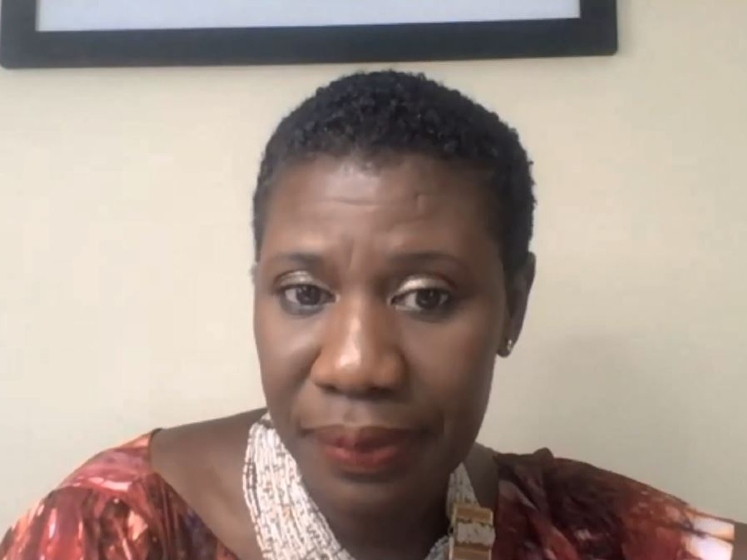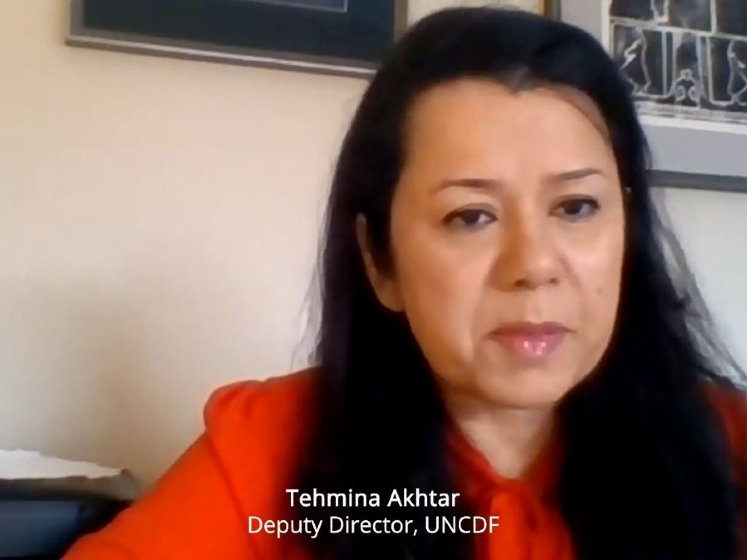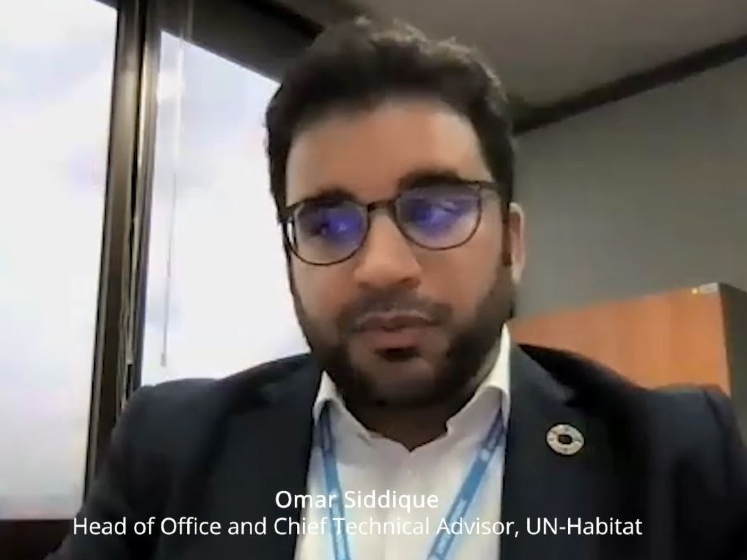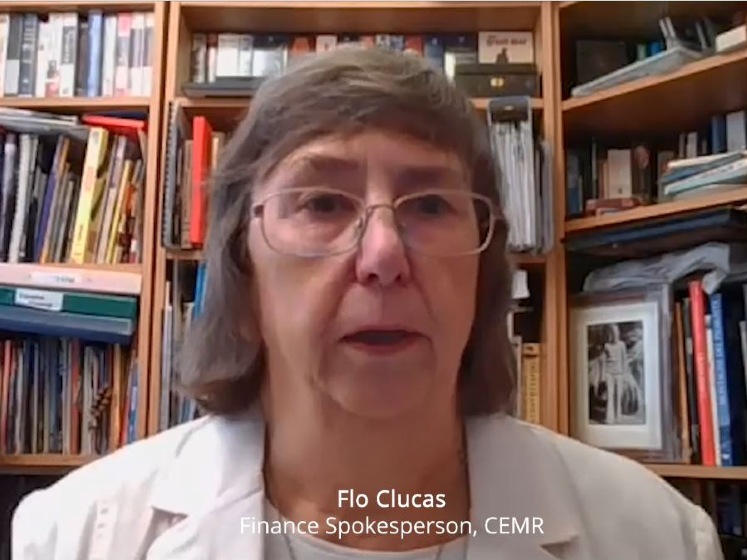New Policy Brief from the Emergency Governance Initiative analyses the financial response to COVID-19 at the city and regional level, and outlines lessons that could be used to strengthen the position of subnational governments in their response to future emergencies.
During the COVID-19 response, city and regional governments have been facing a ‘scissor effect’ of mounting expenditures related to the health, economic and social impacts of the virus, and a simultaneous decrease in revenues due to economic disruption.
Despite the enormity of this challenge, there is a lack of information and policy guidance in relation to emergency finance for cities and regions. In July 2020, the EGI conducted a systematic review of online COVID-19 resources identified as having a subnational governance component, and found that very few provided policy guidance related to finance. At the same time, city and regional officials surveyed by the EGI identified finance and resources as the area in which additional information and examples of best practices would be most beneficial.
This Policy Brief is designed to address this gap. It presents an analysis of the main trends that have been developing in subnational finance during the emergency, and outlines lessons that could be taken up at the various levels of government to improve the financial response of cities and regions during future emergencies.
The analysis is based on a survey of 33 municipal finance departments and interviews with Mayor Yvonne Aki-Sawyerr, City of Freetown; Tehmina Akhtar, Deputy Director of UNCDF; Flo Clucas, Finance Spokesperson for CEMR; and Omar Siddique, Head of Office and Chief Technical Advisor, UN-Habitat Kosovo.
 Interview with Yvonne Aki-Sawyerr, Mayor of Freetown
Mayor Aki-Sawyerr stresses the importance of having funding available at the city level, particularly during times of emergency.
Interview with Yvonne Aki-Sawyerr, Mayor of Freetown
Mayor Aki-Sawyerr stresses the importance of having funding available at the city level, particularly during times of emergency.
 Interview with Tehmina Clip, Deputy Director, UNCDF
Tehmina Akhtar discusses some of the key strategies employed by UNCDF to support subnational governments in their financial response to the COVID emergency.
Interview with Tehmina Clip, Deputy Director, UNCDF
Tehmina Akhtar discusses some of the key strategies employed by UNCDF to support subnational governments in their financial response to the COVID emergency.
 Interview with Omar Siddique Clip, Head of Office and Chief Technical Advisor, UN-Habitat
Omar Siddique talks about the importance of the involvement of city and regional governments in the design of COVID-19 recovery packages.
Interview with Omar Siddique Clip, Head of Office and Chief Technical Advisor, UN-Habitat
Omar Siddique talks about the importance of the involvement of city and regional governments in the design of COVID-19 recovery packages.
 Interview with Flo Clucas, CEMR Finance Spokesperson and Councillor for Cheltenham Borough Council.
Flo Clucas shares Cheltenham’s experience managing the ‘scissor effect’ of rising expenditures and falling revenues as a result of the COVID-19 pandemic.
Interview with Flo Clucas, CEMR Finance Spokesperson and Councillor for Cheltenham Borough Council.
Flo Clucas shares Cheltenham’s experience managing the ‘scissor effect’ of rising expenditures and falling revenues as a result of the COVID-19 pandemic.
This Policy Brief is part of the Emergency Governance Initiative (EGI) led by LSE Cities, United Cities and Local Governments (UCLG), and the World Association of the Major Metropolises (Metropolis). This Initiative investigates the institutional dimensions of rapid and radical action in response to global emergencies to provide city and regional governments with frameworks, knowledge, and resources to navigate the new demands of leading emergency responses. This Policy Brief is complimented by Analytics Note 03: The Impact of the COVID-19 Pandemic on Subnational Finances that was published earlier this month.